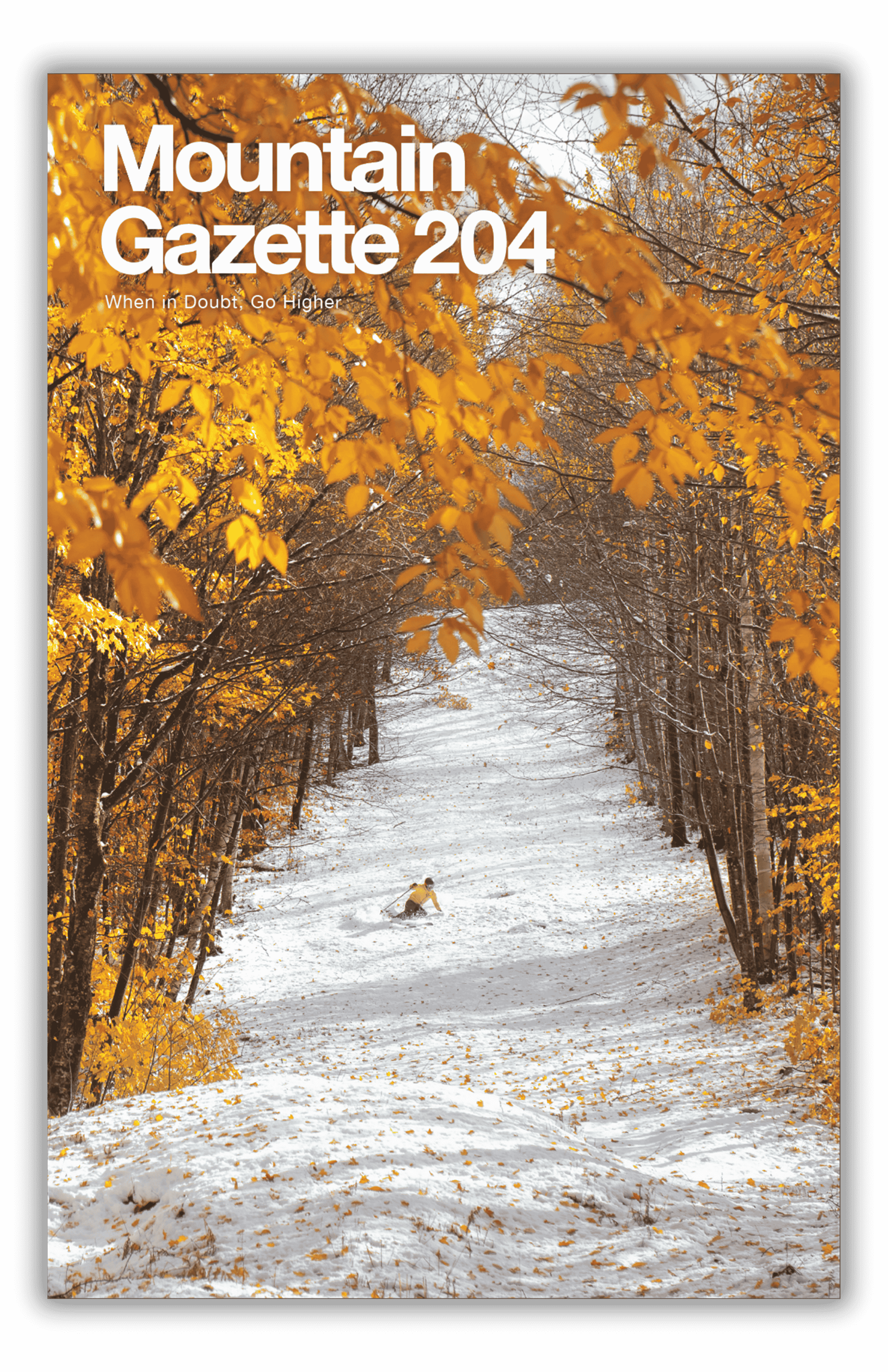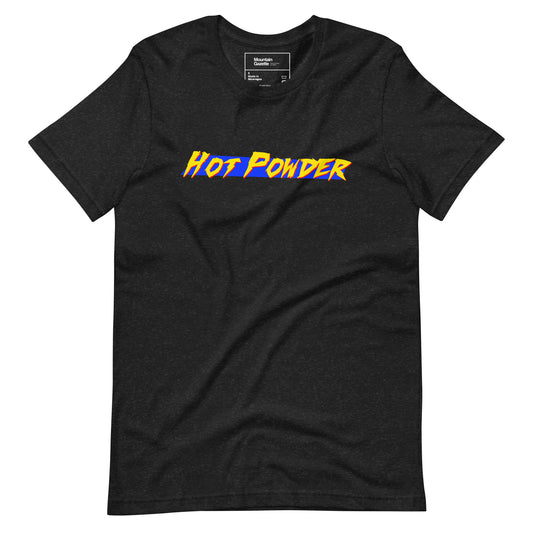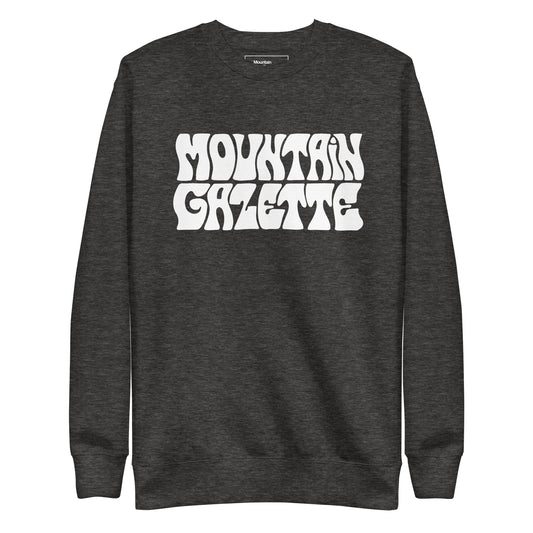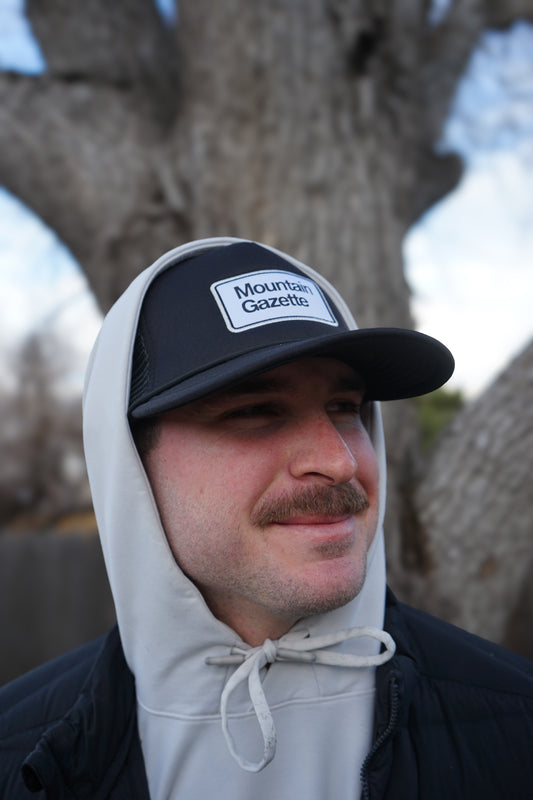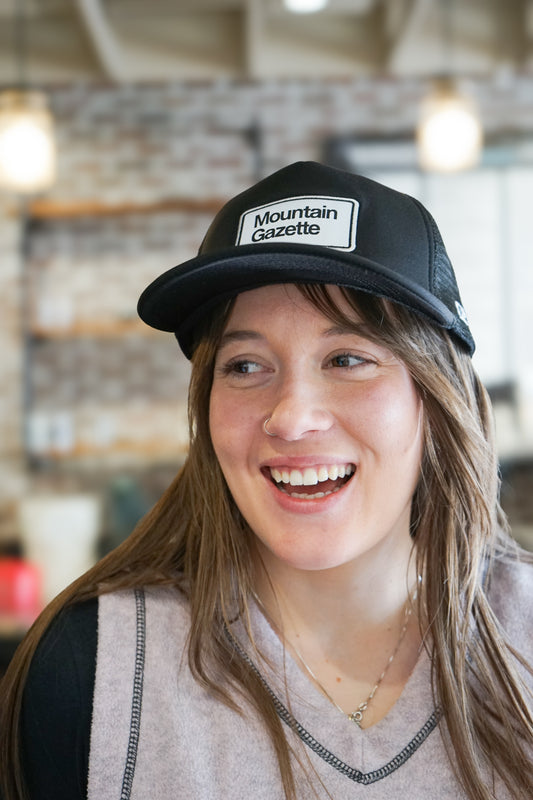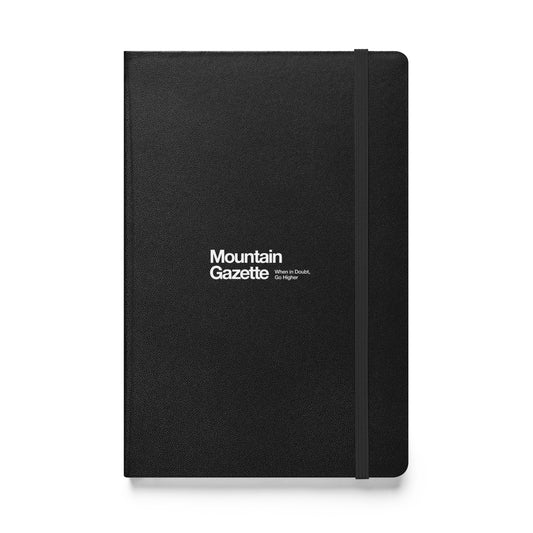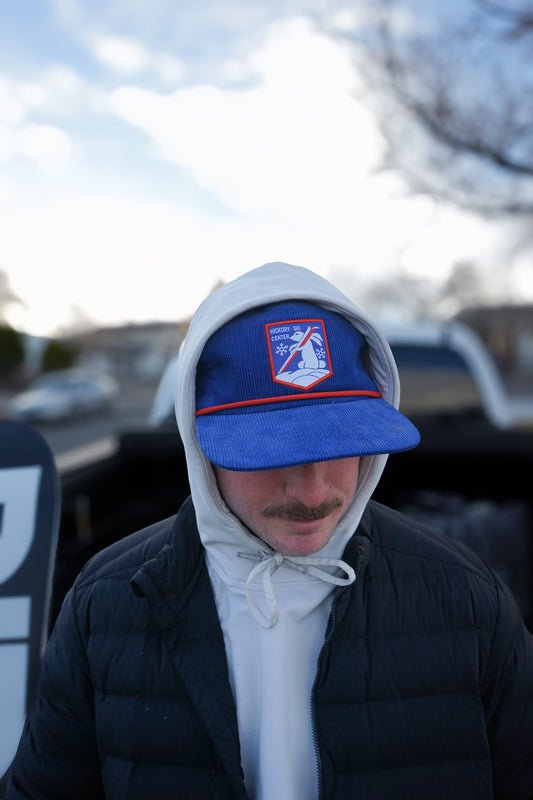A Q&A with Eastern Placer Future Committee member Kevin Drake
By Hannah Truby
Living in a place like Lake Tahoe comes with its fair share of trade-offs. The views? World-class. The sense of community? Tight-knit. But when it comes to decisions about housing, roads, and local services, the people who actually live here aren’t always the ones calling the shots.
It’s one of several reasons why a group of Tahoe locals have been pushing for incorporation– the process of officially forming a new town– over the past couple of years. Among them is Kevin Drake, owner of Alibi Ale Works, friend of the magazine, and a committee member for Eastern Placer Future. Drake is of the belief that local decisions should be made locally, and we’re behind him.
“At the end of the day, there's a higher level of accountability when decision-makers live here and are a part of the community,” he says. “That’s the foundational piece.”
Right now, North Tahoe falls under the jurisdiction of the Placer County Board of Supervisors — a five-person board, with only one member, Cindy Gustafson, actually living in Tahoe. She represents District 5. The county seat, where most decisions are made, is located in Auburn, about 50 miles away. And sometimes those decisions feel like a ‘one-size-fits-all’.
District 5 of Eastern Placer County covers North Lake Tahoe and its surrounding communities–about 13,700 people. That’s roughly 17% of District 5 and just 3% of the entire county. And as the western side of the county continues to grow, North Lake Tahoe’s share of representation gets even smaller. In other words, the community’s voice at the county level is slowly getting drowned out.
That growing gap is exactly what Drake and the Eastern Placer Future committee are hoping to change. Earlier this week, I sat down with him to learn more about the campaign — and how locals can get involved.

Photo by Hannah Truby
HT: When did you start to see the issues that Eastern Placer Future seeks to address?
KD: I started getting involved in local planning issues about ten years ago, back when there was talk of incorporation—but it wasn’t serious yet. Still, I could see the need. Over the past decade, it’s only become clearer how much sense it makes for everyone involved.
Counties aren’t designed to provide the kinds of community services towns do. North Lake Tahoe has unique needs that are better served by local governance. The county is doing its best, but we’re asking it to do things counties aren’t built for. Honestly, managing North Lake Tahoe is a bit of a headache for Placer County.
Right now, decisions are made by the Board of Supervisors in the foothills, where 80% of the district lives. Their challenges—like managing huge subdivisions—are totally different from ours. And if you want to weigh in, you have to drive to Auburn. That’s just not fair.

Town incorporation means a community can form its own government, so residents have control over decisions like certain services, like road maintenance, right?
Exactly. Incorporation means a local government would oversee land use, roads, parks—things like that. But we’re not pushing for big development. This is about thoughtful redevelopment and building a modern mountain town that works for both residents and visitors.
So how would incorporation change things for locals? What opportunities would it create?
In this case, incorporation would mean more local decision-making–which we believe leads to better governance. We have decades ahead to address our issues, both urgent and long-term, but we'd rather have a locally elected town council of five to seven people making those calls, where residents can actually show up to meetings and be involved.
At the end of the day, I believe local decision-making is just better. No matter who gets elected to a town council, I’d rather have the people making decisions for North Lake Tahoe actually live in North Lake Tahoe. I want them to bump into their neighbors at the grocery store and be accountable to the community.

*includes all of Eastern Placer County except US Forest Service Land and Donner Summit. The final map will be determined by the Placer County Local Agency Formation Commission. Total proposed area is + 51 square miles (compared to Truckee's 33.7 square miles). Map represents an initial boundary for study purposes, and not a final determination of future town boundaries.
North Lake Tahoe tried for townhood several times between the 1970s and 90s but never got this far. Why is this campaign different?
I wasn't here then, so I don't know much about those efforts. However, I do know a bit about the attempt to incorporate Olympic Valley not long ago. Incorporation efforts are often catalyzed by a specific issue—like a specific development or service issue like snow removal. People pick sides based on those issues. We're making it clear that our effort isn't about a specific issue. It’s not about what decisions are made; it’s about who’s making them. That’s kind of our mantra.
This effort is not about fixing one particular problem but to shift the decision-making structure so that all issues and opportunities are decided on locally. We’re working cooperatively with the county, not antagonistically, but the county isn’t set up for success in our region—there are hardworking staff members here doing their best, but structurally, their hands are tied. Many top decision-makers are based in Auburn, and that distance makes it hard to address local needs effectively.
If incorporation happens, what does North Lake Tahoe look like in 5, 10, or 20 years?
I think that we have an opportunity to make a model town, in the way it operates. I think there's huge opportunities to streamline some processes within government so it doesn’t feel so slow and bureaucratic. Housing and transportation, for example, are linked, yet they’re often handled in silos—engineers handle transportation, planners handle housing—and I think we have an opportunity to build a local government structure that's less dependent on faraway departments, and a lot more results-driven.
Project teams that can get things done quicker, more effectively and with that, we can establish bottom-up systems with active community engagement, where citizen-led initiatives are recognized and supported. I want to see that the people making decisions are actually invested in this community.

Where does the campaign stand now? What’s the timeline looking like?
Our target is to get this on the ballot in November 2026. As for the more immediate future, we’re working to submit an application to Placer County's Local Area Formation Commission. And it's a pretty big effort that requires some consultant help and a lot of collaboration with the county. Prior to that, we have to get signatures gathered. We have to get petitions signed by 25 percent of the voters who would be voting on this. So we need a quarter of the voting population who live in the future town to get this onto the ballot.
Signature gathering will start a little later this spring, and it'll be a couple-month push. We don't know the exact timing, but it's probably going to be in the May, June, or July range.
How can people get involved in this effort?
Head over to our GoFundMe and donate, if they’re able. We’re just shy of $50,000, and once we hit that, we're getting a matching grant from the North Tahoe Community Alliance for an additional $50,000.
They can also go to our website and sign up for email updates. There’s going to be a lot of things to announce and updates along the way. For people who want to stay informed, the best way is to sign up for emails. We're not going to put out too many, but I would just link to that page on the website.
Awesome, thanks Kevin. Any other last comments?
I just want to stress that for a whole variety of reasons, now is the time for this. You know, this isn't something where, if it doesn't work, we'll try again in four years. This is a big, heavy lift, and a lot of stars have aligned—having our county supervisor actually living in our district, having county leadership really engaged and working cooperatively on this, and just facing a lot of really big issues. At the end of the day, we know incorporation is fiscally feasible. And I really want to underscore that this is the time. No matter your concerns or what you're passionate about, local decision-making is better decision-making.


